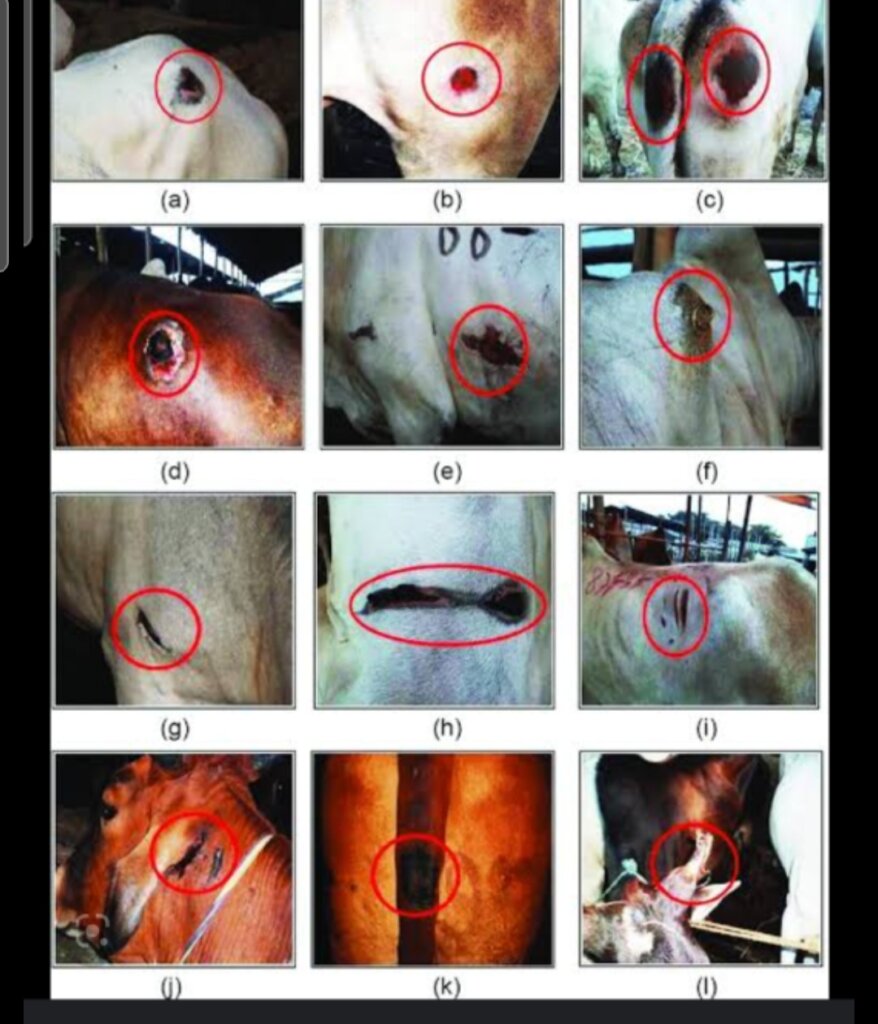Today I was Researching on the topic Of Injuries and its Types in the Forensic and Medical Jurisprudence.
So,I will share the information about it.: Five Types of Injuries and Five Causes
Soft Tissue Injuries.
Broken Bones.
Traumatic Brain Injuries.
Spinal Cord Injuries.
Psychological Injuries.
Animal bites.
Bruises.
Burns.
Dislocations.
Electrical injuries.
Fractures (broken bones)
Sprains and strains.
FIVE TYPES OF INJURIES AND FIVE CAUSES
ON THIS PAGE
A Closer Look at Common Injuries
1. Soft Tissue Injuries
2. Broken Bones
3. Traumatic Brain Injuries
4. Spinal Cord Injuries
5. Psychological Injuries
How Do These Injuries Happen?
Know Your Rights After an Injury
Brauns Law Accident Injury Lawyers, PC | October 29, 2019 | Car Accidents

According to the National Safety Council, unintentional injuries are the leading cause of death for people ages 1 to 44. These injuries can happen any time, any place. What’s even more disconcerting is the cause of these accidents. The National Safety Council reports between 97 and 99 percent of these injuries were due to human error. In other words, they were not random acts of nature or freak accidents—they were preventable. If you were recently hurt due to the acts of someone else, a Georgia auto accident attorney can help.
A Closer Look at Common Injuries
Injuries can be painful and can affect any part of the human body. Most of the time, injuries are unexpected and can change your life in an instance. When this happens, you want someone by your side that can help you get the care you need to move forward. No matter what type of injury you sustain, a personal injury attorney can help you understand your legal rights. Common injuries include:
1. Soft Tissue Injuries
Soft tissue injuries are some of the most common types of injuries. The sudden jolt of a motor vehicle accident can cause your body to move and bend in ways it was not designed to do. When this happens, you may suffer strains or sprains. Whiplash, which occurs when the head suddenly whips backward and then forward, is one of the most common injuries after a car accident.
Soft tissue injuries are also common after slip and fall accidents. Lacerations, bumps, and bruises can cause short term pain but sometimes heal on their own without medical intervention.
2. Broken Bones
Our bones support our bodies and help us move. They are strong and can sustain quite a bit of force. But they are not indestructible. Bones can break when they sustain too much force or when they move in an unnatural direction.
Broken bones can be painful. In many cases, the injury will not completely heal. It is not unusual for someone to experience pain months or years after the injury. Crush injuries occur when the bones sustain severe force. These injuries may require extensive reconstructive surgery or amputation.
3. Traumatic Brain Injuries
There are two types of brain injuries—traumatic brain injuries and non-traumatic brain injuries. Non-traumatic brain injuries are caused by an internal source, such as bacteria or a blood clot. Traumatic brain injuries happen as a result of trauma. According to the American Association of Neurological Surgeons, there are over 235,000 hospitalizations due to traumatic brain injuries per year. The AANS estimates that between 50 and 70 percent of TBIs are the result of a motor vehicle accident.
Traumatic brain injuries can range from a minor concussion to a serious, life-threatening injury. You should always seek immediate medical attention if you suspect a brain injury. Long-term effects of a TBI include:
Memory loss
Headaches
Difficulty concentrating
Dizziness
Sensory issues
4. Spinal Cord Injuries
The spinal cord transmits messages from the brain to the rest of the body. It runs from the base of the skull to the top of the tail bone. The spine surrounds the spinal cord and protects it from harm. A spinal cord injury occurs due to severe trauma to the spinal cord. This is usually the result of a hard hit or a penetrating wound to the spinal cord.
Spinal cord injuries can threaten and certainly derail a person’s life. In most cases, spinal cord injuries will lead to full or partial paralysis. After a spinal cord injury, the patient will usually have to rely on adaptive devices such as wheelchairs to move around.
5. Psychological Injuries
Psychological injuries are often overlooked after an injury. Too often, people dismiss signs of a psychological injury as a “normal” response to an accident. And while some stress or anxiety is normal after an accident, feelings that interfere with your day-to-day life are not.
Anxiety, PTSD, and depression can happen after any type of accident but are more common after severe or life-threatening accidents. For instance, a person may suffer from PTSD after a vehicle rollover or following a dog attack. Common signs of psychological injuries include:
Trouble sleeping
Intense fear or worrying that interferes with your daily activities
Irritability
An overwhelming feeling of sadness
Brain fog
Difficulty concentrating
Never ignore mental health issues. If you are having trouble moving on after an accident, a licensed mental health professional can help you find appropriate treatment.
How Do These Injuries Happen?
Injuries happen every day. They can happen at your home, at the store, or while taking a walk around the block. While many injuries are unavoidable, sometimes injuries happen because of someone else’s actions (or inaction). When this happens, you may have cause for a personal injury claim. Common causes of accidental injury include:
Motor vehicle accidents: Motor vehicle accidents injure thousands of people every year. Injuries can range from minor whiplash to traumatic brain injuries or death.
Falls: Falls are the leading cause of traumatic brain injuries. Falls can occur when a store owner fails to keep their floor free from hazards or when a homeowner does not properly maintain their walkway. In addition to traumatic brain injuries, falls can cause broken bones, lacerations, and spinal cord injuries.
Dog bites: Dog bites can cause serious injury. In the wild, dogs use their teeth to crush and tear the flesh of prey. When a dog bites a human, the force can be enough to break bones and cause severe lacerations. Often, these injuries leave both physical and emotional scars. Young children are often the victims of dog bite injuries.
Workplace accidents: The Bureau of Labor Statistics reported 78,200 non-fatal workplace injuries in Georgia in 2017. Over half of these injuries led to missed time at work. Falls, reaching injuries, crush injuries, and pinch injuries can cause workplace injuries.
Medical malpractice: When we go to the doctor, we rely on our doctor to heal our injuries, not make them worse. Medical malpractice happens when a medical professional (a doctor, nurse, or other medical professionals) makes a mistake that causes you personal harm. To qualify as medical malpractice, the doctor’s actions must be preventable.


